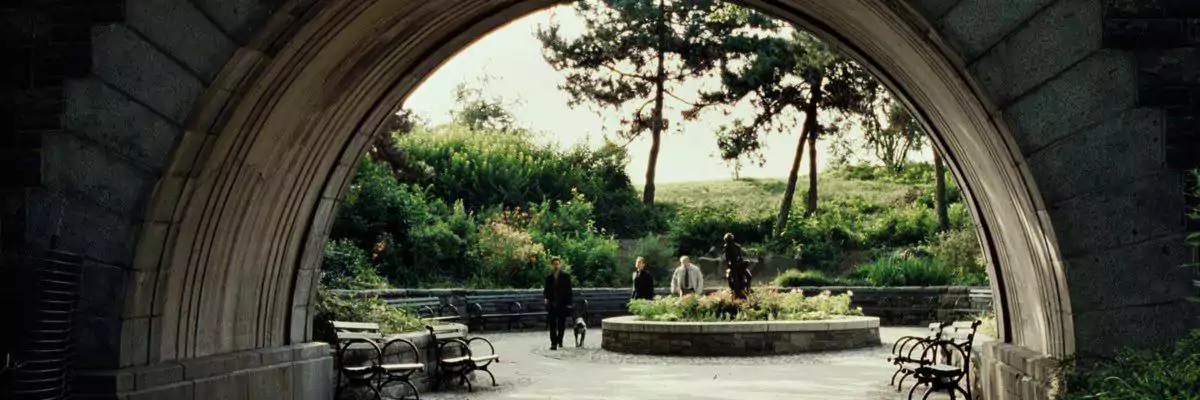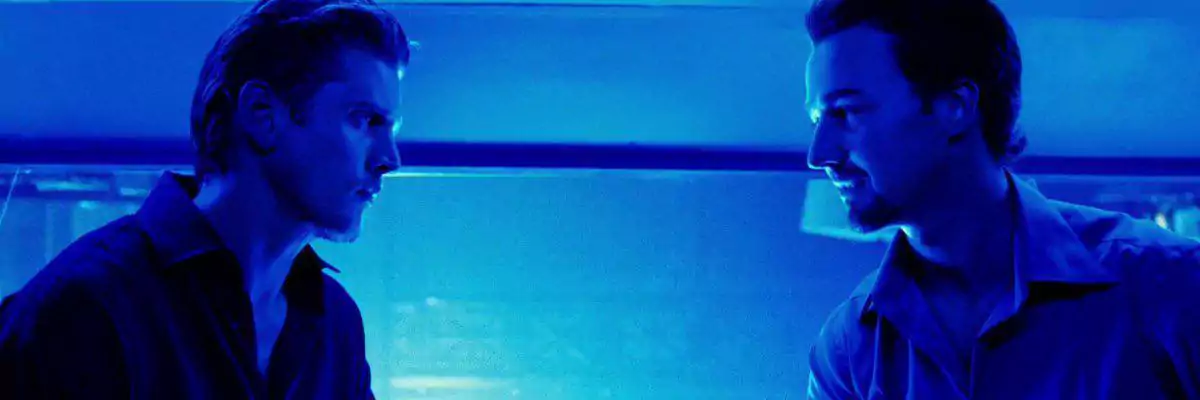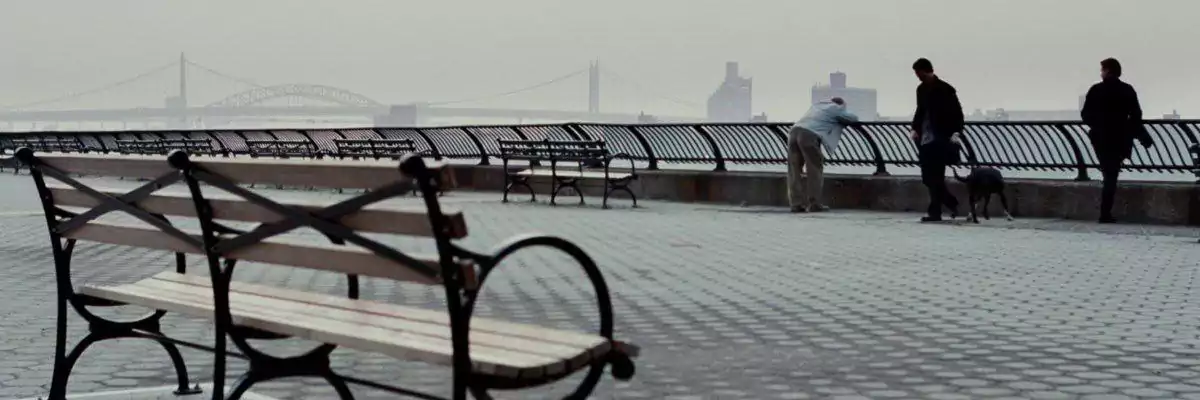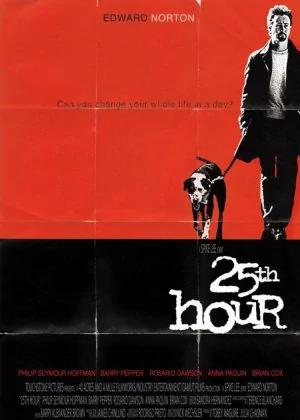25th Hour
Back in the early 00's I was well on my way to becoming a Spike Lee fan. I liked Do the Right Thing and 25th Hour improved on that one considerably. But as I watched more of Lee's films, it turned out his oeuvre wasn't as consistent as I'd hoped. A few disappointments later I abandoned Lee in favour of better directors. When I sat down to watch 25th Hour again I really didn't know what to expect. While the impact of the film has definitely lessened over time, what remains is still a well above average drama with some poignant moments.

After initial successes with Do the Right Thing and Malcom X, Lee's career took a sharp dive during the late '90. Nobody really expected the impact of 25th Hour when it was released in 2002, which I guess only added to the mystery of the film. It's not a very typical Lee joint though, but it's a worthwhile one. It's a film that is many things, yet it's difficult to coin what those things are exactly. That alone makes it worth a try, even if you're not a fan of Lee's typical output.
In a way 25th Hour reminds me of Hiroyuki Tanaka's style of film making. While the main plotline is interesting enough, Lee seems more interested in individual scenes, which kind of tend to wander off on their own. Some scenes are kept short and concise, others are more drawn out, but every scene feels like short film set within a shared frame. It's a rather risky setup as there's a very real chance the audience will lose interest halfway through, but when the individual scenes are as strong as here it really adds to the film.
The film follows Monty Brogan in his final hours before leaving for prison. Caught dealing drugs, Monty is set to spend the next seven years in jail. Before he leaves his old life behind he wants to spend one last night with his friends and loved ones, if only to keep the fear of going to prison at bay for just one more day. Throughout the film we learn a little more about Monty's life, his friends and what exactly landed him in prison.

There's a lot going on here, visually. Lee plays around with different visual styles and visual trickery, though the overall impact remains rather subtle. There's the grainy intro, the neon club scene, oversaturated images, the use of strong, vivid colors, key moments repeated from different angles with small editing delays, ... It all adds up to a visually attractive film, but I must say that it has lost some of its charm over the years. The execution is good, but never truly impressive, which is probably why I'm a bit more indifferent to it the second time around.
The soundtrack is pretty eclectic too, but again Lee keeps it well under control. He picks the right tracks for the right moments, highlights including the club music (which, for a change, sounds like some actual club music) and the Ground Zero piece. It's not a very spectacular score, but it's classy and it creates a solid atmosphere. Safe one or two tracks it's not a score that jumps out at you, but looking back it leaves a very strong and clear impression.
Lee assembled an interesting cast. Edward Norton was on top of his game back then, so it's no surprise he delivers one of his better performances. He's just a little underpowered in the mirror scene, but apart from that he is pretty much perfect for his part. There are some great secondary performances too, with Hoffman, Pepper and Dawson earning their own credits. Even though the four of them are hardly ever together in the same scene, they make for a tight-knit group that pulls the audience into the film.

While the plot and its dramatic aspects do weigh in, the setting of 25th Hour feels even more important. The film embodies the post-9/11 vibe of New York. A rash, somewhat helpless and almost desperate anger runs underneath the film, bubbling up to the surface more than once. The infamous mirror scene and the Petter/Hoffman dialogue in front of Ground Zero may be its most obvious indications, but look closer and you'll find that in many scenes the state of the city and its inhabitants play a vital role.
When I first watched 25th Hour the film left a bigger impression on me. Maybe it's because I hadn't seen that many films back then, maybe it's because time has blunted some of its initial impact. What remains though is a strong, emotional and atmospheric drama, a film that captures a place and moment in time and takes the audience along for the ride. The film has no weak points, features a couple of standout scenes and never drags, so if you haven't seen it yet, it's an easy recommendation.
